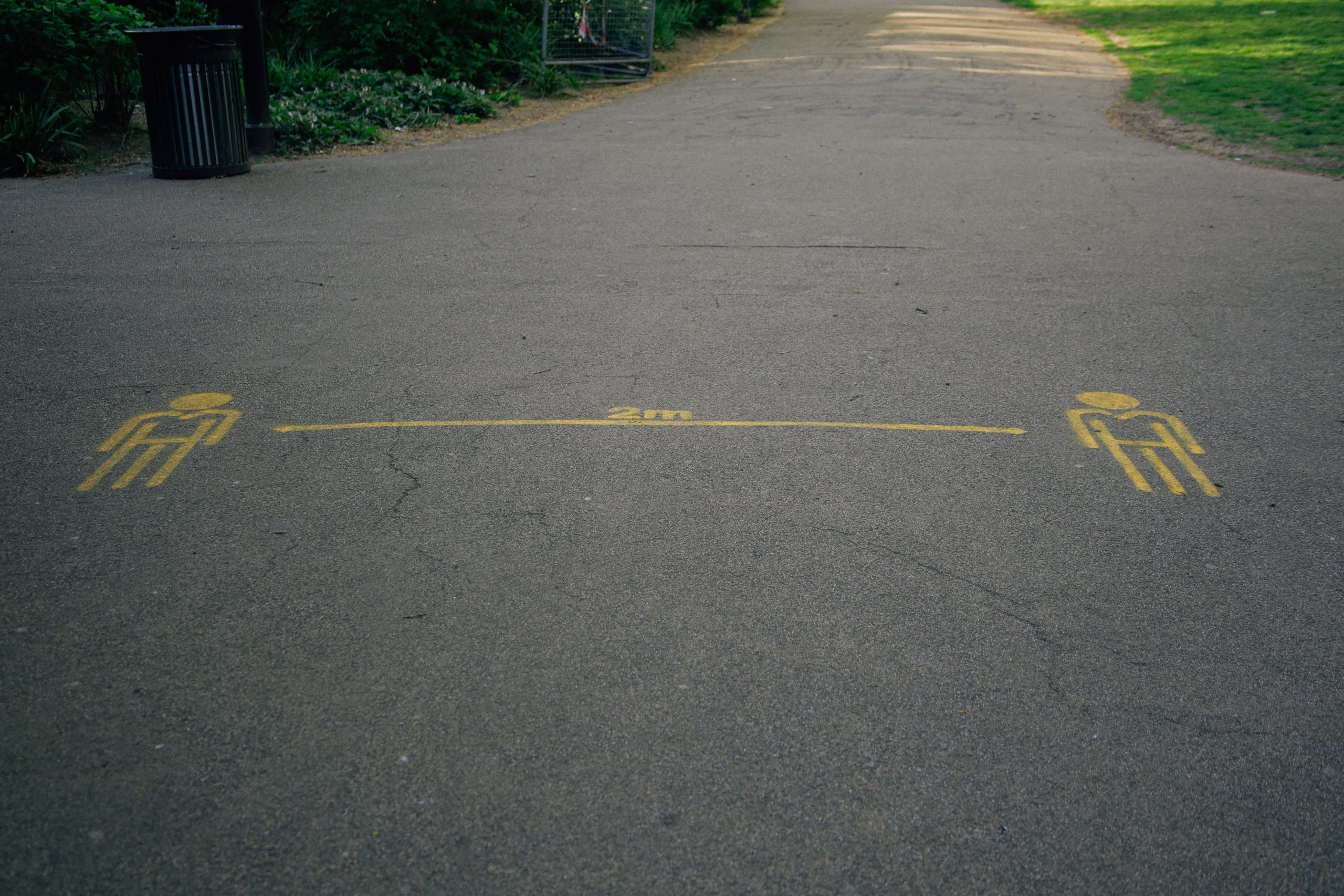Scheduling Procedure for the Laboratory Access
Scheduling Procedure

Scheduling Procedure
One of the most important things that we can do to mitigate the spread of COVID-19 is the tracing of patients who are infected with the virus. Testing may be important for the infected patient, but tracing minimizes further spread of the virus.
It is critical that UCF has a record of who was in the laboratory at the same time. This will allow UCF to effectively carry out proximity tracing if necessary.
In order to do this simply with due consideration for privacy, PIs and their researchers should follow these procedures for the opening of laboratories:
Common Schedule
Set up a common schedule that the PI, researchers/staff, and research assistants can access to sign-up to use the laboratory. There are many online calendars you can use (e.g., Google, MS Teams, Trello, etc.) for this purpose. This will eliminate the chance of having more people in the laboratory than social distancing allows (e.g., 1 person per 200 square feet).
It will also make sure that the researcher who signed up gets access to the laboratory (i.e., not others who randomly showed up earlier), i.e., no empty trips from/to home.
It is recommended that researchers, list specific objectives and/or instruments to use/touch when they sign up for their time slot. This should help researchers to clean-up properly after the laboratory access. It will also give the next researchers an option to clean-up before the use of laboratory items.
Check-In
Make sure that people entering the laboratory “check-in” properly. The form asks questions that reinforce safety procedures, which must be done daily. You must post the signage about check-in and check out, immediately outside your laboratory door.
With the record from items (1), (2) and (3), UCF can carry out “proximity tracing,” in the event a researcher tests positive for COVID-19.